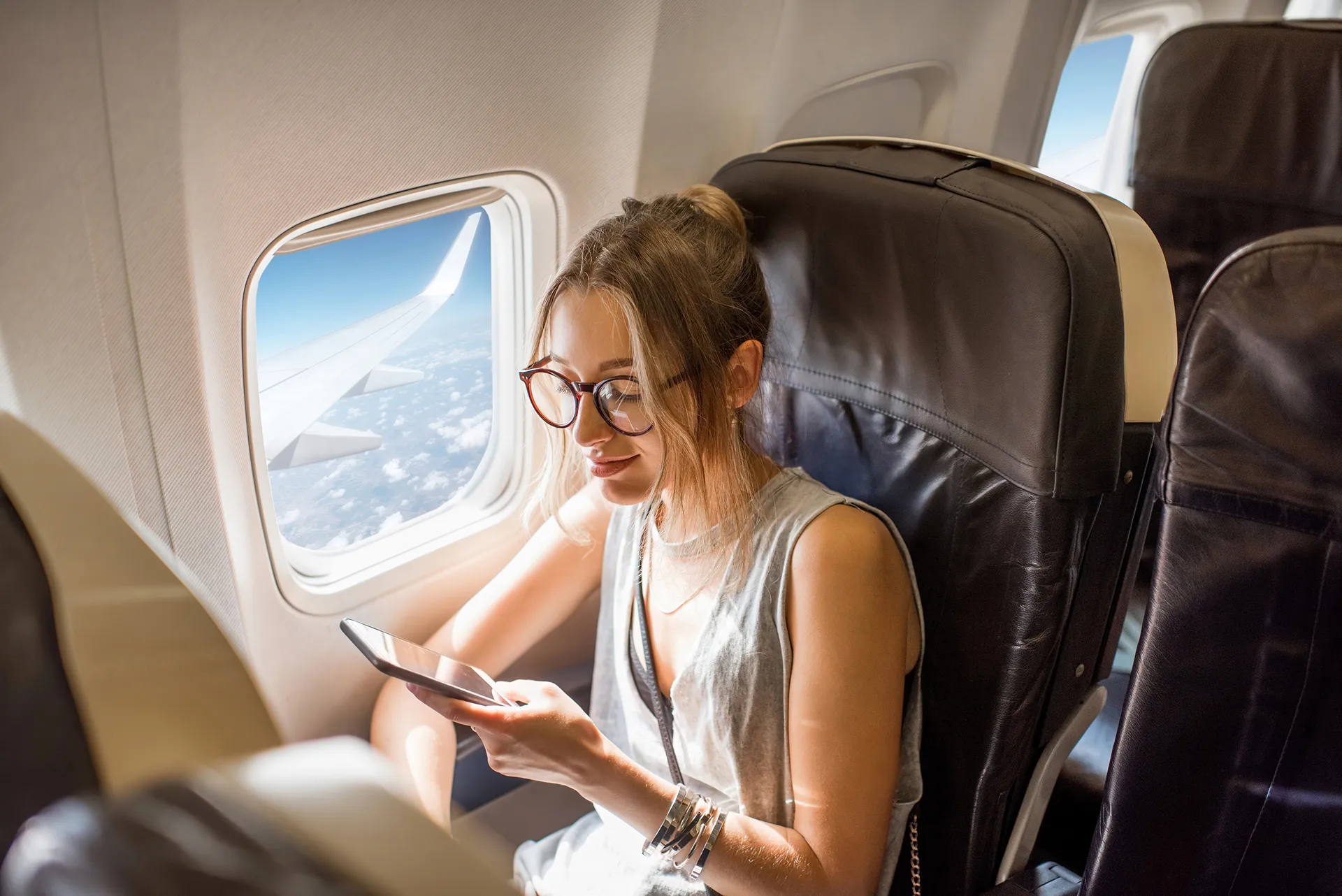Whether you’re traveling for work or vacation, a stable internet connection makes everything easier, from checking in to flights to staying in touch with family. But public Wi-Fi can be risky, and losing connection in a new city can be stressful. This guide shows you how to stay online safely, avoid data theft, and enjoy peace of mind wherever you go.
1. Plan Ahead Before Your Trip
Good internet access starts with preparation.
Before leaving home:
● Back up your data. Save your files on a cloud service or encrypted hard drive.
● Update software. Keep your apps and devices current to avoid security gaps.
● Change your passwords. Use strong passwords or a password manager.
● Turn on “Find My Device.” Helps you track your phone or laptop if lost.
● Check your phone plan. Confirm hotspot data limits and international coverage. Planning early saves you from costly surprises when you’re far from home.
2. Use Your Phone as a Personal Hotspot
Your smartphone is the easiest and fastest way to get Wi-Fi while traveling.
Why it’s useful:
● Works anywhere you have a mobile signal.
● Shares data with multiple devices.
● No extra gadgets needed.
Keep in mind:
● Hotspots use battery fast so carry a portable charger.
● Check your data plan’s hotspot allowance.
● Works best with 4G LTE or 5G coverage. If you travel often, upgrade to a plan with more hotspot data or an international roaming package.
3. Try a Mobile or Prepaid Hotspot
A mobile hotspot is a small device that gives you Wi-Fi from cellular networks. It’s safer than public Wi-Fi and supports multiple devices at once. Options:
● Portable hotspot devices
● Prepaid hotspot plans with set data limits for short trips. If you travel overseas, consider local SIM cards or international eSIMs for cheaper data access.
4. Stay Cautious with Public Wi-Fi
Free Wi-Fi in cafes, hotels, and airports is tempting but they are unsafe.
Risks:
Hackers can intercept your data, track logins, or install malware.
Safer browsing tips:
● Use a VPN (Virtual Private Network) to encrypt your connection.
● Avoid checking bank accounts or sending private information.
● Use two-factor authentication on important accounts.
● Always log out when done browsing.
Pro tip:
Turn off auto-connect to public networks on your phone and laptop.
5. Use a Travel Router for Better Security
A travel router creates a private, secure Wi-Fi network by connecting to public or hotel internet.
Benefits:
● Protects your devices from untrusted networks.
● Expands signal range.
● Allows multiple users to connect safely.
6. Protect Your Smart Home While Away
If you use smart locks, cameras, or thermostats at home, you can monitor them from anywhere with secure internet access.
Set up before leaving:
● Install smart cameras and video doorbells.
● Use smart plugs to control lights remotely.
● Add strong passwords and enable 2FA for all devices.
● Keep your home Wi-Fi password private. Fiber internet or mesh Wi-Fi helps keep your smart home secure and responsive while you’re away.
7. Use a VPN Everywhere
A VPN is one of the best ways to stay safe online while traveling. It hides your location and encrypts your data.
Why it matters:
● Prevents hackers from stealing information.
● Lets you access content safely from any country.
● Adds extra privacy on hotel or public Wi-Fi. Pick a VPN with fast servers and a no-logs policy for extra security.
8. Manage Power and Connectivity Smartly
Keep your devices charged and connected wherever you go:
● Carry portable chargers or power banks.
● Use universal travel adapters for different plug types.
● Pack noise-canceling headphones for work or rest.
● Bring a streaming stick or e-reader for downtime. These small tools make travel smoother and reduce stress during long trips.
9. Internet Tips for International Travelers If you’re traveling abroad:
● Buy a local SIM or eSIM. It’s cheaper than roaming.
● Ask your host about Wi-Fi speeds before booking.
● Use internet cafes for temporary, secure access when needed.
● Avoid sharing sensitive data over public or hotel Wi-Fi. Bonus tip: Turn off Bluetooth and Wi-Fi auto-connect when not in use. It helps prevent unwanted access and saves battery life.
10. Stay Alert and Secure
Even with precautions, stay alert to signs of trouble. If you notice strange logins, unexpected device behavior, or unknown connections, change your passwords immediately and run a security scan.
Final Thoughts
Staying connected while traveling doesn’t have to be risky. Plan early, choose secure options like VPNs or mobile hotspots, and avoid unsafe public networks. A little preparation keeps your data safe, your devices secure, and your trip stress-free.

